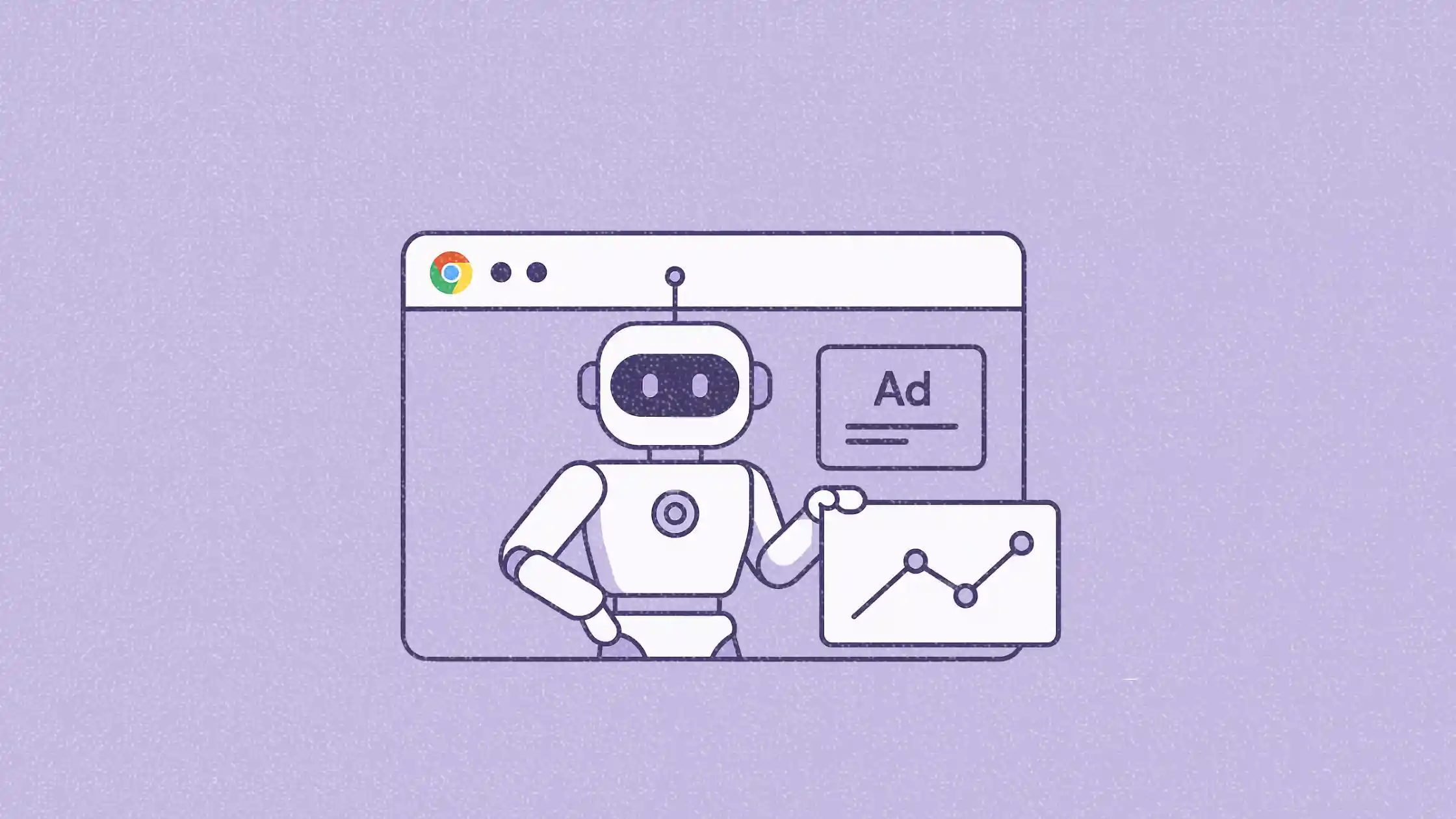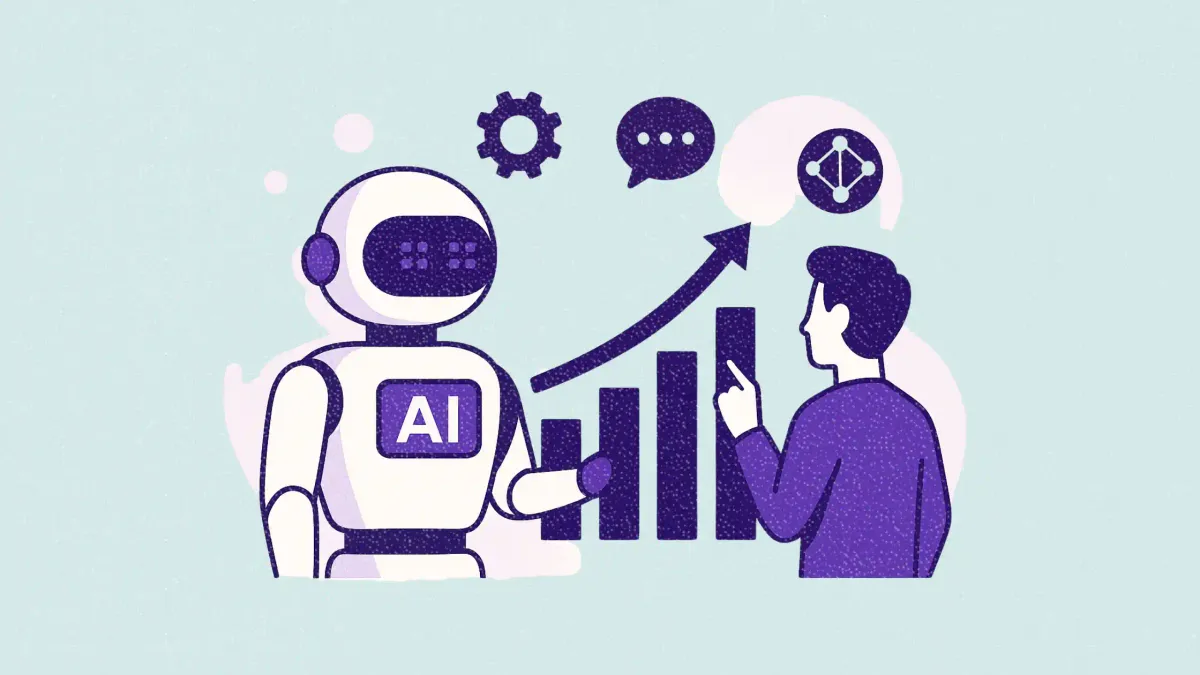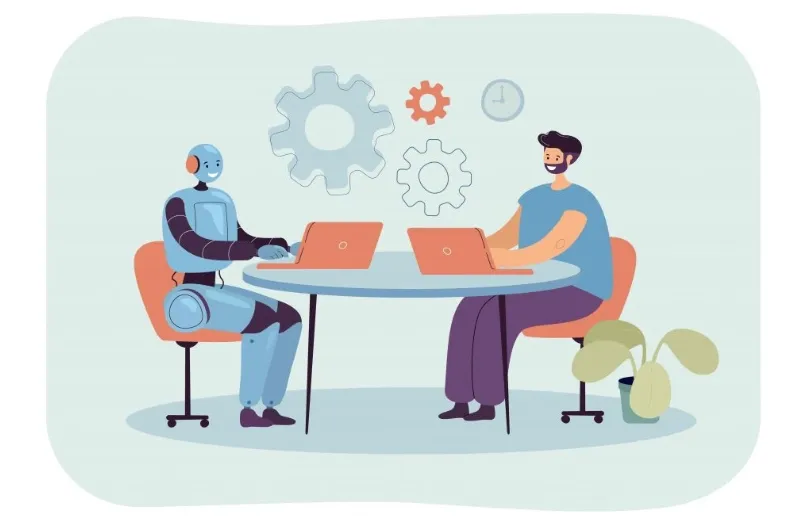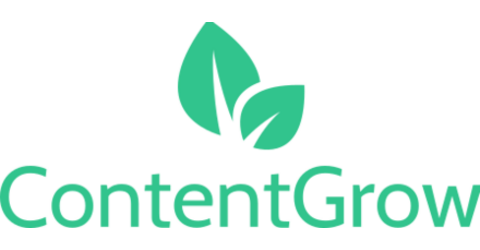Google unleashes AI agents to automate marketing workflows
With Chrome and Ads now hosting autonomous AI agents, Google wants to streamline marketing ops.

Agentic AI is no longer just hype—it's now embedded into the browser you’re probably using to read this.
At Google Marketing Live (GML) 2025, Google rolled out a suite of autonomous AI agents designed to help marketers not only analyze performance, but also act on it.
From tagging websites to optimizing ad campaigns, these new tools aim to free marketers from tedious tasks and decision paralysis.
But there’s a catch: they launch amid mounting antitrust pressure that could force Google to spin off Chrome, Ads, and other core products. That makes this debut as much a political flashpoint as a product update.
This article unpacks Google’s new agentic tools, what they promise marketers, and why the whole effort could get derailed in court.
Short on time?
Here’s a table of contents for quick access:
- What Google just launched for marketers
- Why this matters in the AI arms race
- What marketers should know
- What’s next if the DOJ forces a breakup

What Google just launched for marketers
At the center of Google’s announcement is Marketing Advisor, an AI agent built directly into the Chrome browser. It will roll out later this year and is designed to understand a marketer’s goals and autonomously suggest—and even execute—actions across the web, pending user consent.
Examples include:
- Identifying poorly tagged pages and applying new tags
- Offering seasonal trend insights
- Surfacing campaign ideas via voice or text prompts
Importantly, it works beyond Google-owned tools. Because it's built into Chrome, Marketing Advisor can assist across websites and CMS platforms, not just inside Google Ads or Analytics.
Meanwhile, Google Ads and Analytics are also getting embedded AI agents. These assistants analyze a brand’s campaign performance, landing pages, and creative assets to recommend—and implement—actions like new keywords, geographic targets, or UX optimizations.
Vidhya Srinivasan, VP and GM of Google Ads and Commerce, positioned these tools as productivity boosters, enabling marketers to “get work done faster” through conversational prompts and automated execution.

Why this matters in the AI arms race
Google’s launch comes as competitors like Meta are already deep into agentic tools. Meta’s Andromeda, an AI engine inside its Advantage+ suite, can autonomously test and deploy high-performing ad creatives.
Startups like Scope3 are also entering the fray with their own agentic media platforms.
With US$75 billion earmarked for AI development in 2025, Google isn’t just playing catch-up—it’s trying to assert dominance. But its ambition may be capped by something far older than AI: antitrust litigation.
What marketers should know
1. AI agents will reduce tactical grunt work
Marketers should prepare for a shift where day-to-day execution—like tagging, bidding, and targeting—can be delegated to AI agents. This frees teams to focus on strategic storytelling and brand differentiation.
2. Human oversight is still required
Even as agents auto-implement suggestions, user consent remains central. Think of these tools as copilots, not autopilots—yet. Marketers should stay involved to guard against unintentional brand risk or flawed logic.
3. Prepare for cross-platform support
Unlike most Google features, Marketing Advisor isn’t limited to Google’s ecosystem. This opens the door for marketers using mixed stacks (e.g., Shopify + HubSpot + Meta Ads) to benefit from Google’s tooling—at least while Chrome stays under Google’s control.
4. This is a test case for AI regulation
With the Department of Justice (DOJ) calling for Google to divest Chrome, AdX, and DoubleClick for Publishers, this rollout could become a regulatory lightning rod. Marketers relying heavily on Google’s ecosystem should monitor the legal proceedings closely.
What's next if the DOJ forces a breakup?
If regulators succeed in forcing Google to split its browser from its advertising arm, the implications are massive. Marketing Advisor may lose access to cross-product data, weakening its effectiveness. Ads and Analytics agents may face integration limitations that diminish their automation value.
Marketers would then need to rethink how much they rely on tightly integrated ecosystems—and possibly look to more modular AI vendors who offer similar autonomy with fewer strings attached.
Google’s agentic AI rollout is a big deal.
It promises real utility: fewer menial tasks, faster campaign turnarounds, and smarter insights. But it’s arriving just as Google faces its most serious existential legal threat in years.
For marketers, that means leaning into these tools—with one eye on the features, and the other on the headlines. Stay agile, test wisely, and prepare backup strategies in case the ecosystem reshapes around you.





